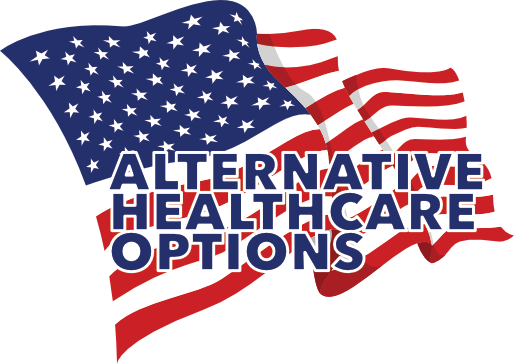Alternative Healthcare Options understands the unique challenges small businesses face when selecting the right health insurance. This blog will explore the various small company health plans available, including traditional healthcare insurance and health insurance alternatives, to help you make an informed decision for your business.
Understanding Traditional Company Healthcare Insurance
Traditional healthcare insurance plans are the most common choice for many small businesses. These plans typically include coverage options, such as medical, dental, and vision care. Employers often share the cost of premiums with their employees, making these plans an attractive benefit for potential hires. Key features of traditional healthcare insurance include:
- Comprehensive Coverage: Covers a vast range of medical services, including hospital stays, doctor visits, and prescription medications.
- Network of Providers: Access to a network of doctors, specialists, and hospitals.
- Cost-Sharing: Employers and employees share the cost of premiums, co-pays, and deductibles.
Exploring Health Insurance Alternatives
While traditional health insurance plans are popular, there are several health insurance alternatives that small companies can consider. These alternatives can offer flexible and cost-effective solutions tailored to the needs of your business. At Alternative Healthcare Options, we provide a range of options that cater to diverse requirements. Some of the popular alternatives include:
Health Savings Accounts (HSAs)
HSAs allow employees to save pre-tax money for medical expenses. These accounts can be paired with high-deductible health plans (HDHPs), making them a cost-effective option for small businesses. Benefits of HSAs include:
- Tax Advantages: Contributions are tax-deductible, and withdrawals for qualified medical expenses are tax-free.
- Employee Control: Employees have more control over their healthcare spending.
- Portability: Funds in an HSA can be carried over from year to year and even transferred if an employee changes jobs.
Health Reimbursement Arrangements (HRAs)
HRAs are employer-funded plans that reimburse employees for their qualified medical expenses. These plans offer flexibility and control over healthcare spending. Key features of HRAs include:
- Employer Contributions: Employers decide the contribution amount.
- Reimbursement Flexibility: Can cover a wide range of medical expenses.
- Cost Control: Employers can better manage healthcare costs.
Group Purchasing Organizations (GPOs)
GPOs allow small businesses to band together to purchase insurance as a group. This can result in lower premiums and also better coverage options. Advantages of GPOs include:
- Economies of Scale: Leverage the buying power of a larger group.
- Customizable Plans: Tailor coverage to meet the specific needs of member businesses.
- Regulatory Benefits: May benefit from fewer regulatory requirements compared to traditional plans.
Direct Primary Care (DPC)
DPC is a model where businesses pay a flat monthly fee to the primary care provider. This arrangement allows employees to receive unlimited access to primary care services without the hassle of insurance claims. DPC can lead to improved healthcare outcomes and lower overall costs.
Healthshare Plans
Healthshare plans are a community-based approach to healthcare where members share medical expenses. These plans can offer significant cost savings and provide a viable alternative to traditional insurance, particularly for small businesses looking for affordable options. Additionally, healthshare plans can offer more flexible coverage options and are particularly appealing to small businesses seeking affordable and cost-effective healthcare solutions. This approach not only makes healthcare more affordable but also fosters a sense of community among participants who support each other’s medical needs.
The Importance Of Choosing The Right Alternative Healthcare Plan
Selecting the right small company health plans is essential for several reasons. The right plan can help:
- Attract and Retain Talent: Competitive health benefits are a key factor in recruiting employees.
- Improve Employee Health and Productivity: Access to quality healthcare can lead to healthier, more productive employees.
- Manage Costs: Choosing cost-effective plans can help manage your business’s financial health.
Conclusion
We are committed to helping small company health plans. Whether you opt for traditional company healthcare insurance or explore health insurance alternatives, it’s crucial to choose a plan that aligns with your business goals and employee needs. For more information on alternative healthcare solutions, contact us today!

